How Generative AI is Changing the Creative Industry
How Generative AI is Changing the Creative Industry
Introduction – The Rise of Creative AI
In 2025, generative AI is redefining creativity. What was once the exclusive domain of human imagination is now shared with algorithms that can paint, compose music, write stories, and even produce films. Tools like Midjourney, Runway ML, and ChatGPT-5 have transformed creative workflows across industries.
This shift isn’t about replacing human creativity — it’s about amplifying it, giving artists and creators new possibilities for innovation.
What is Generative AI?
Generative AI refers to AI models that create original content — whether it’s images, videos, music, or text — by learning from massive datasets. These systems don’t just repeat patterns; they generate unique works based on prompts and creative direction.
Generative AI in Visual Arts
AI Art Generators
Platforms like Midjourney, DALL·E 3, and Stable Diffusion allow artists to produce detailed and imaginative visuals from simple text prompts. Designers use them for marketing campaigns, concept art, and personal projects.
Keywords: AI art tools, text-to-image AI, AI-generated art.
Collaborative Creation
Artists are blending AI outputs with manual edits, creating hybrid works that combine the precision of algorithms with the emotional depth of human touch.
Generative AI in Music
AI Composers
Tools like AIVA, Soundraw, and Amper Music can compose music for films, ads, or personal use within minutes. Musicians use AI to experiment with new genres and styles.
Keywords: AI music composition, AI-generated soundtracks, AI in music production.
Music Enhancement and Mixing
AI also assists in mastering tracks, cleaning up recordings, and creating remixes — speeding up production without sacrificing quality.
Generative AI in Film and Video
AI Video Editing
Tools like Runway ML and Pika Labs automate scene transitions, remove unwanted objects, and even generate entire animated sequences.
Keywords: AI video editing tools, AI animation software, AI-generated films.
Virtual Actors and Scriptwriting
AI avatars, like those from Synthesia, allow filmmakers to produce realistic performances without physical actors. Meanwhile, AI script generators provide story ideas and dialogue suggestions for screenwriters.
Generative AI in Writing and Storytelling
Creative Writing Assistants
Models like ChatGPT-5 help authors brainstorm plots, generate character dialogues, and refine prose.
Keywords: AI writing tools, AI for authors, generative AI storytelling.
Interactive Story Experiences
Game developers and storytellers use AI to create dynamic narratives that change based on audience choices, making entertainment more personalized.
Benefits of Generative AI in the Creative Industry
-
Faster Production: Create high-quality content in hours instead of weeks.
-
Cost Efficiency: Reduce expenses for design, music, and editing.
-
Creative Exploration: Test new styles and ideas without heavy investment.
-
Accessibility: Empower creators with limited resources to compete globally.
Keywords: benefits of generative AI, AI for creatives, AI in content production.
Challenges and Ethical Concerns
Copyright and Ownership
Who owns AI-generated content — the user or the AI developer? This legal question remains unresolved.
Authenticity and Originality
There’s a risk of oversaturation with AI-made content, making it harder to distinguish between human and machine-created works.
Bias in Creative Output
AI models trained on biased datasets may unintentionally produce stereotypical or exclusionary content.
Keywords: AI copyright issues, ethical AI in art, AI content authenticity.
The Future of Generative AI in Creativity
By 2030, generative AI will become deeply integrated into creative industries. We may see AI-human co-directors for films, AI-assisted museum exhibitions, and virtual concerts featuring AI musicians.
The key will be collaboration — using AI as a creative partner, not a replacement.
Keywords: future of AI creativity, AI creative trends 2030, AI in entertainment.
Conclusion
Generative AI is not the end of human creativity — it’s the beginning of a new era where human imagination and machine intelligence work side by side. Those who embrace it will unlock creative possibilities that were once unimaginable.
.png)
Dhisana
Author
Appreciate the small moments in life, because one day, you might look back and see they were actually the most meaningful. Many of life's setbacks come from those who didn’t realize how near they were to success when they gave up.
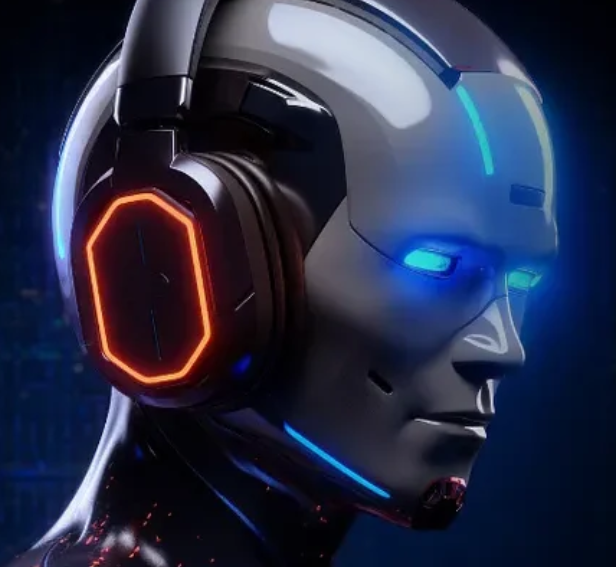
![PMP Exam Questions and Answers [2025]: Practice with Realistic Scenarios and Expert Explanations](https://edutechnolab.com/components/storage/app/public/photos/1/2/PMP P1.png)
![PL-300 Exam Questions and Answers [2025 Edition]](https://edutechnolab.com/components/storage/app/public/photos/1/2/Power P1.png)



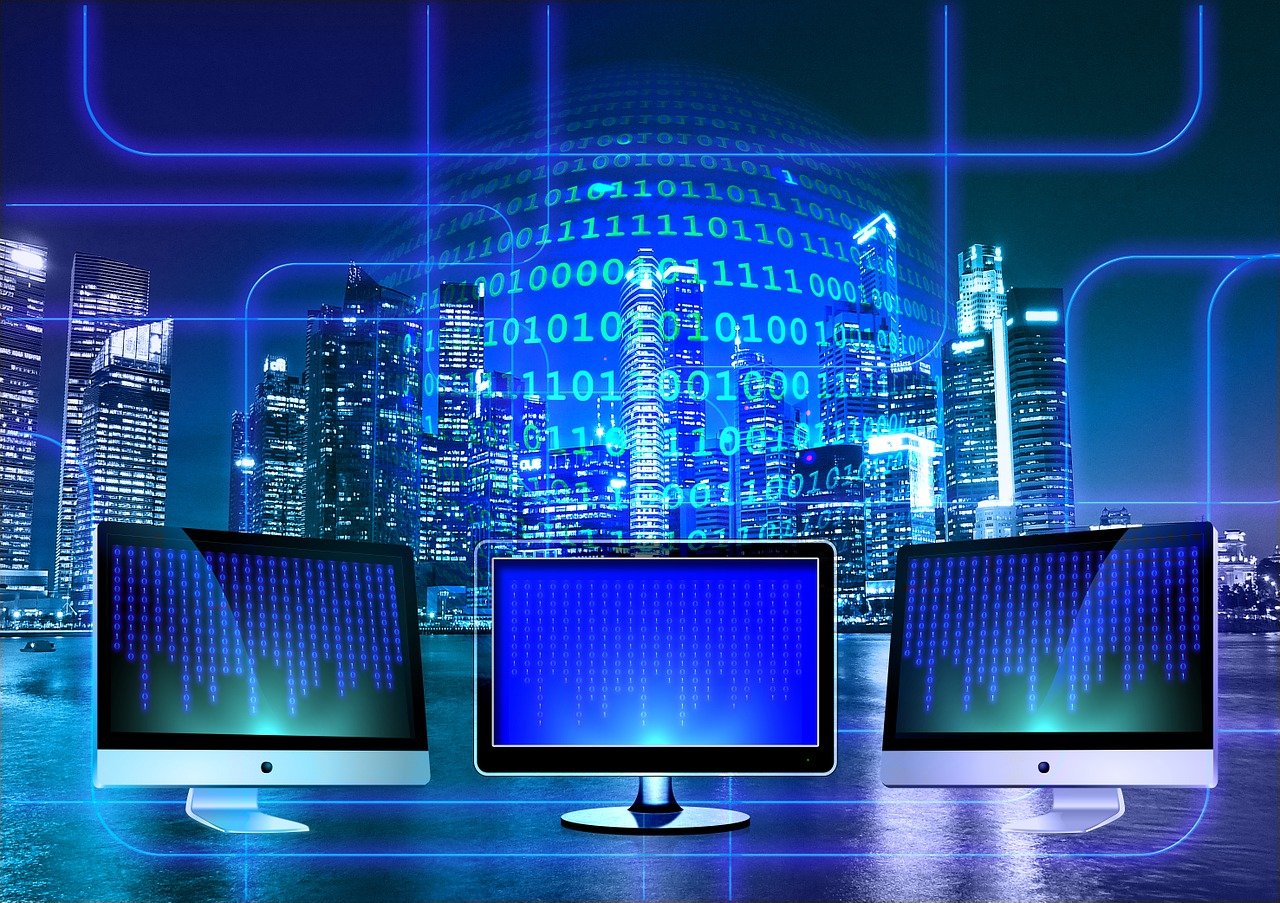
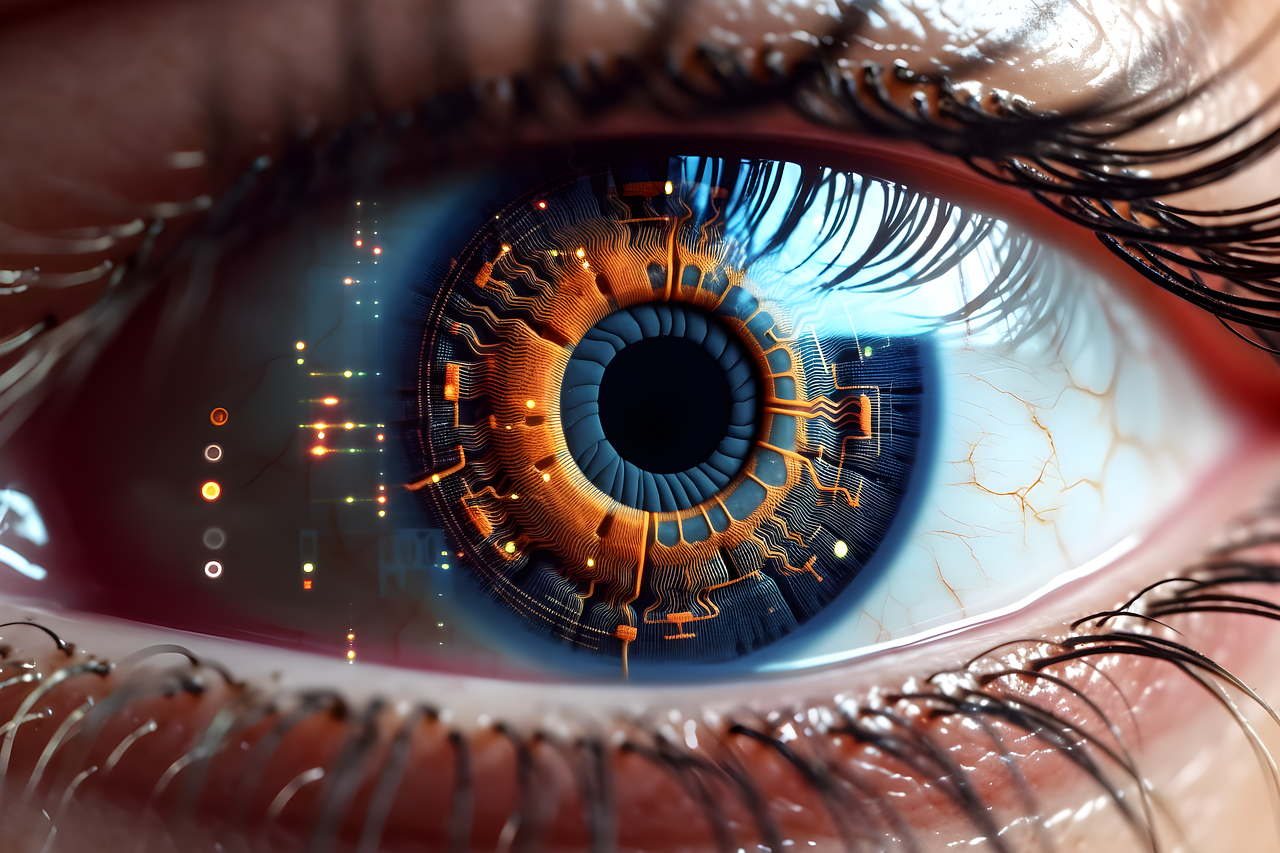
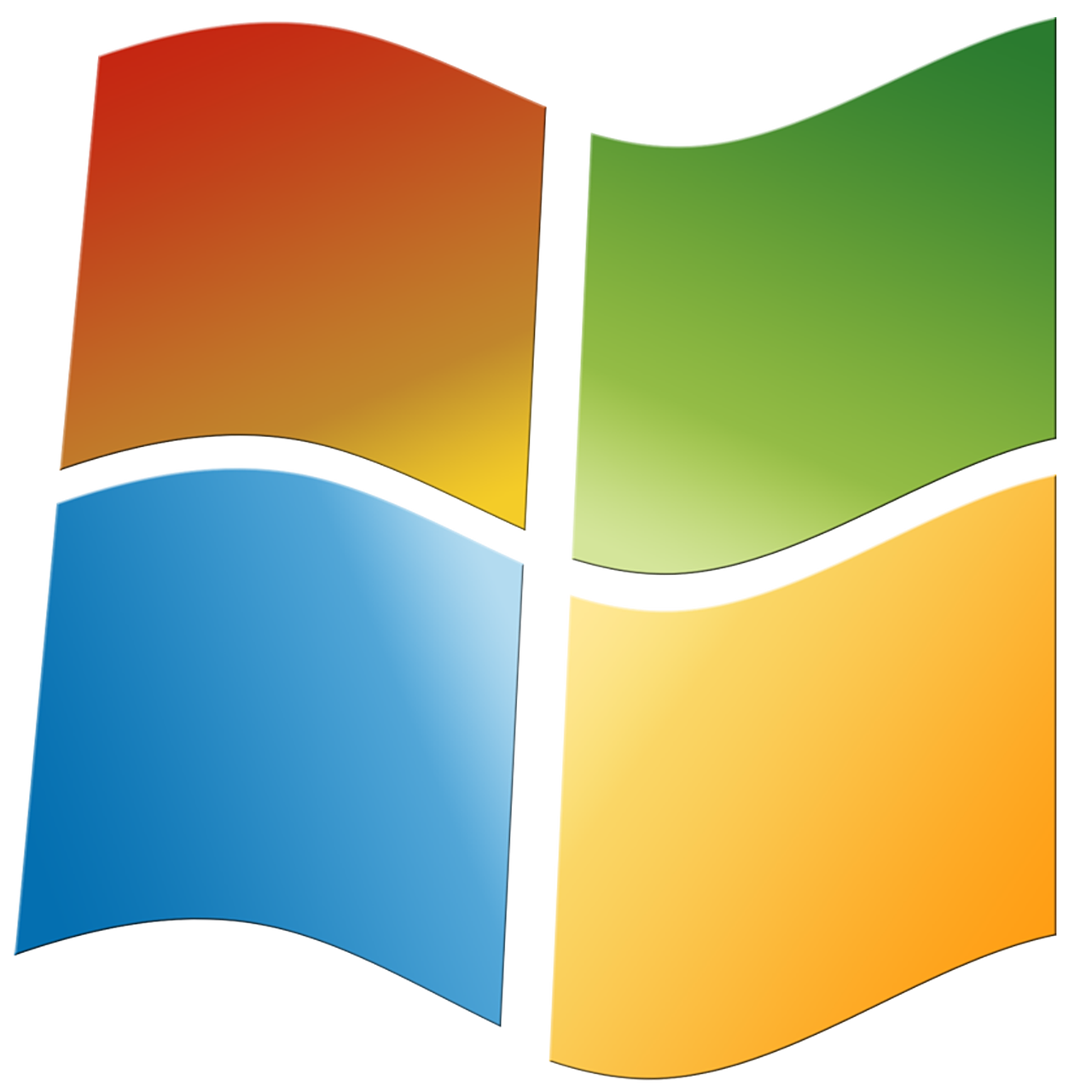

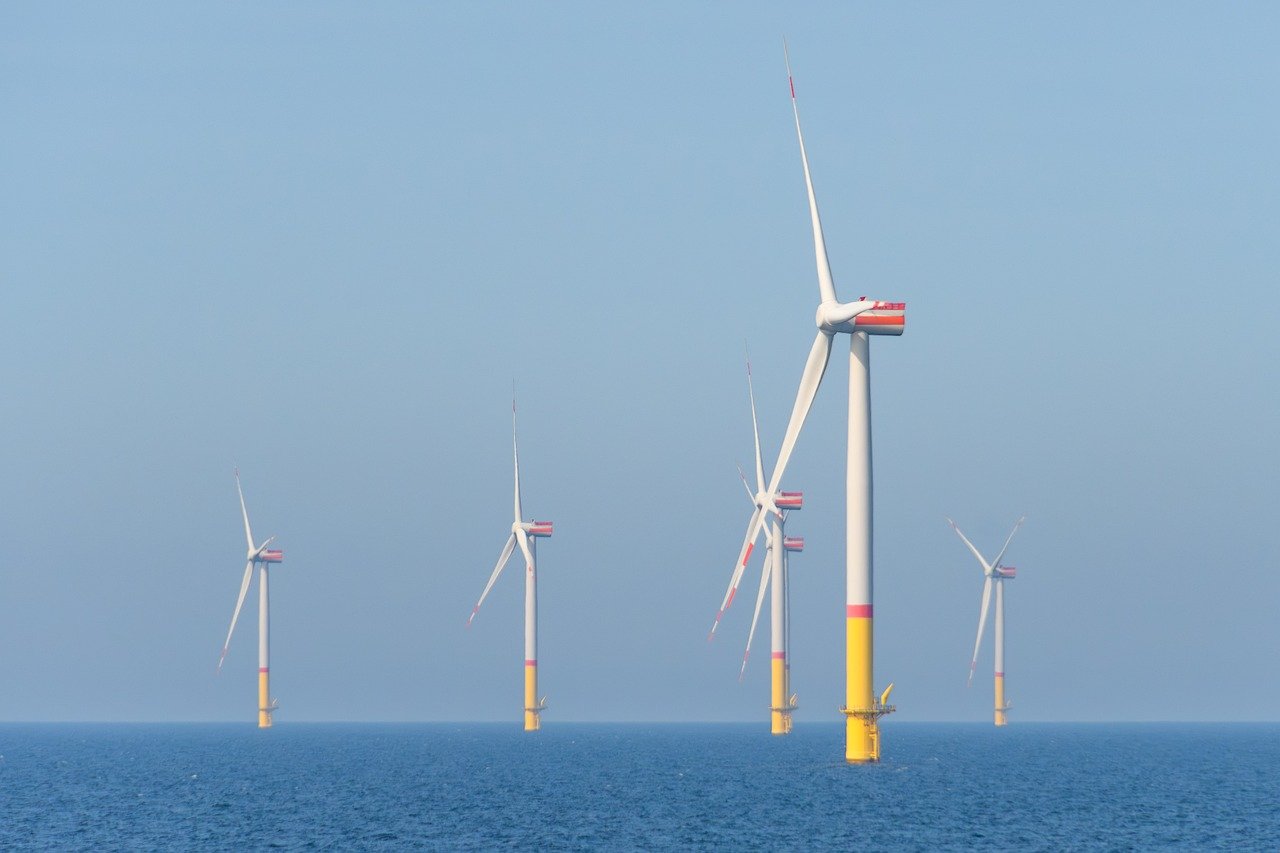

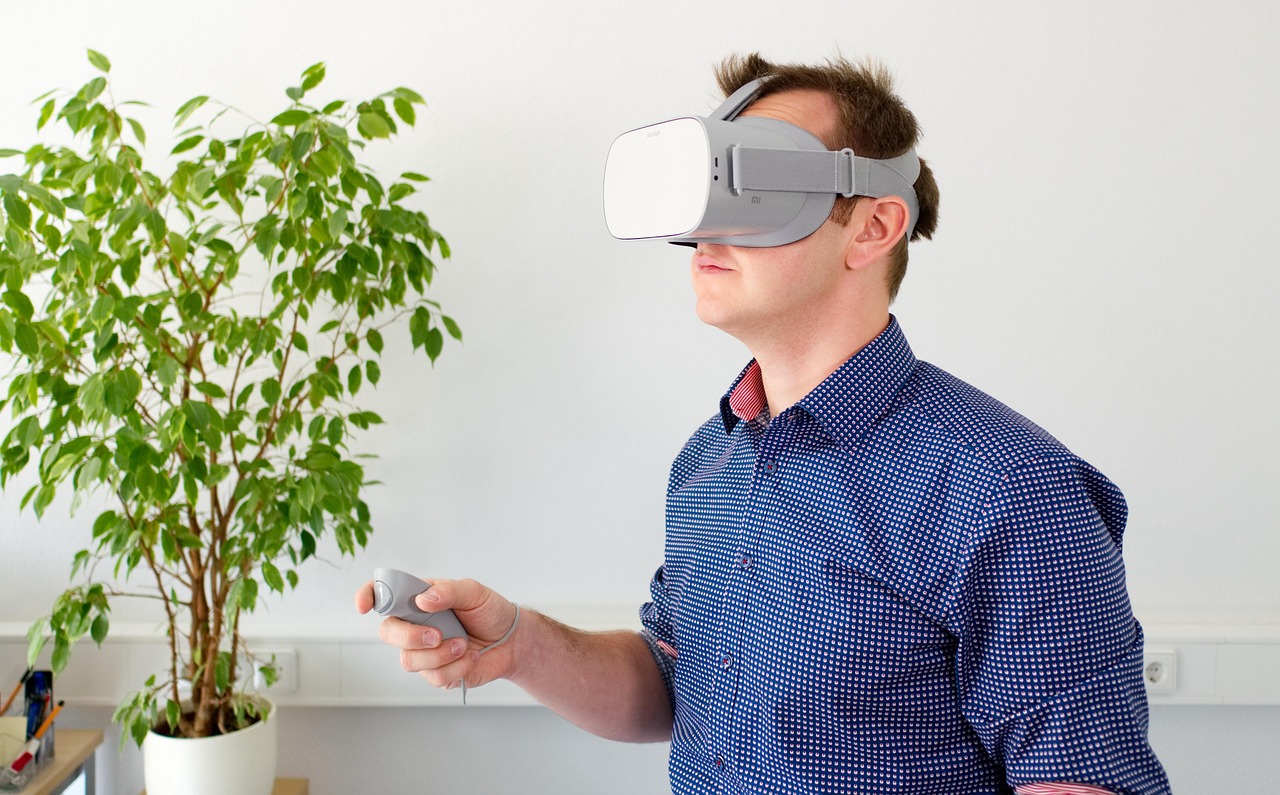
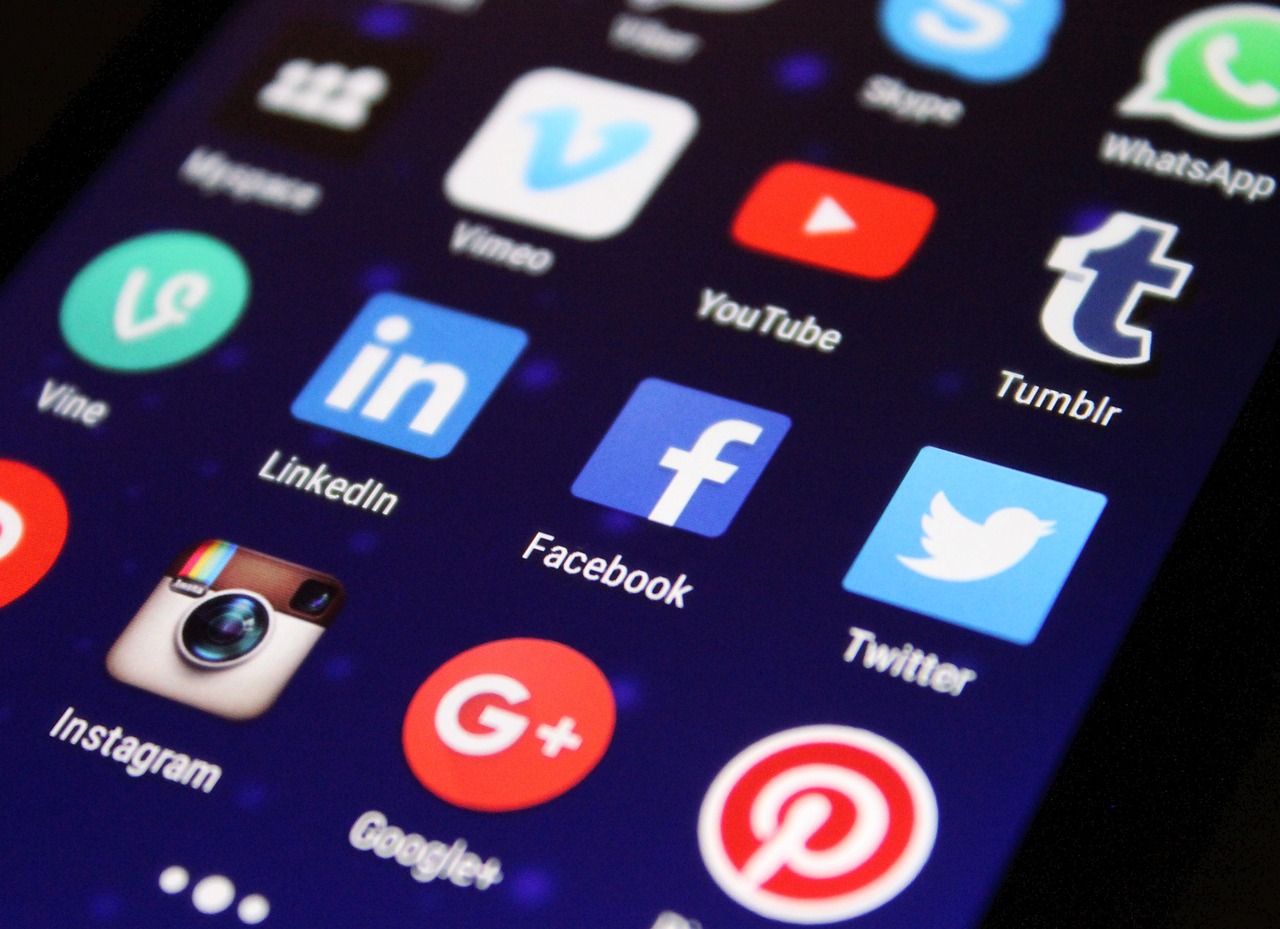
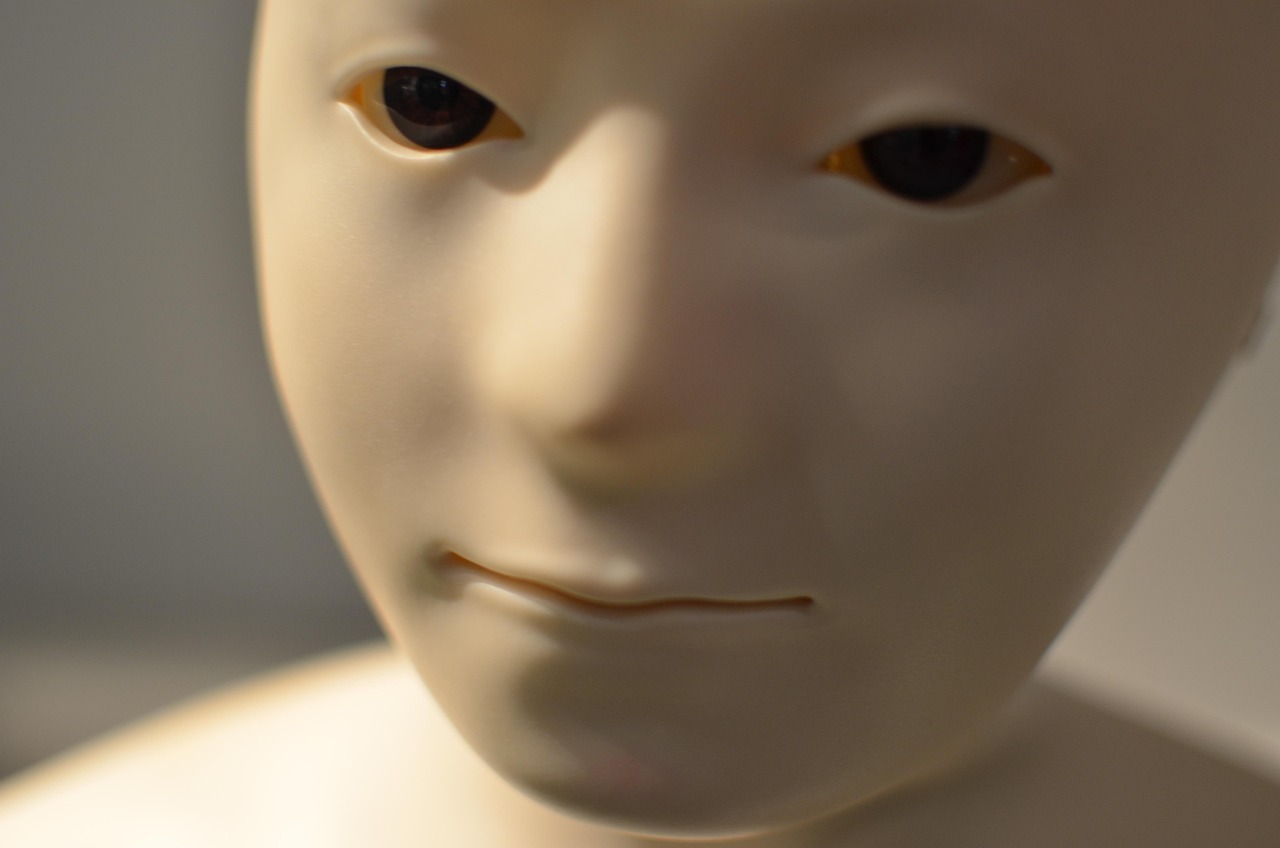
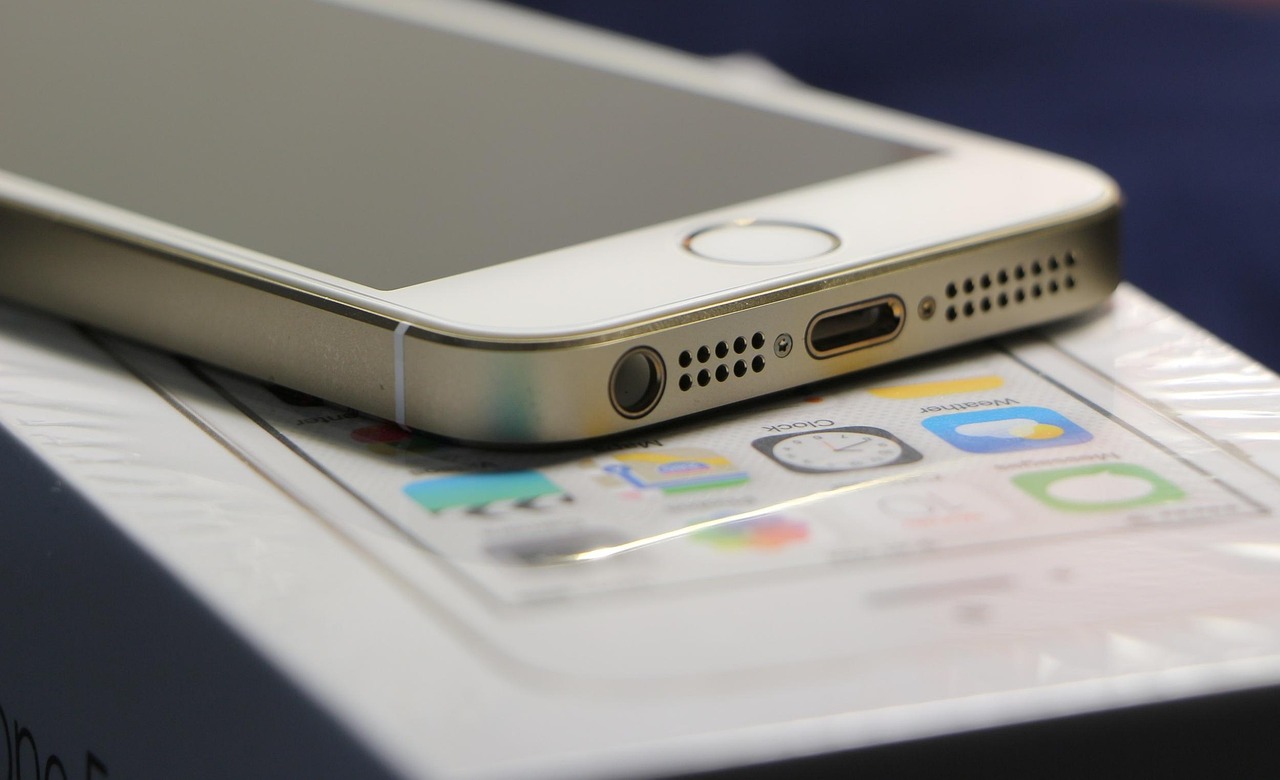
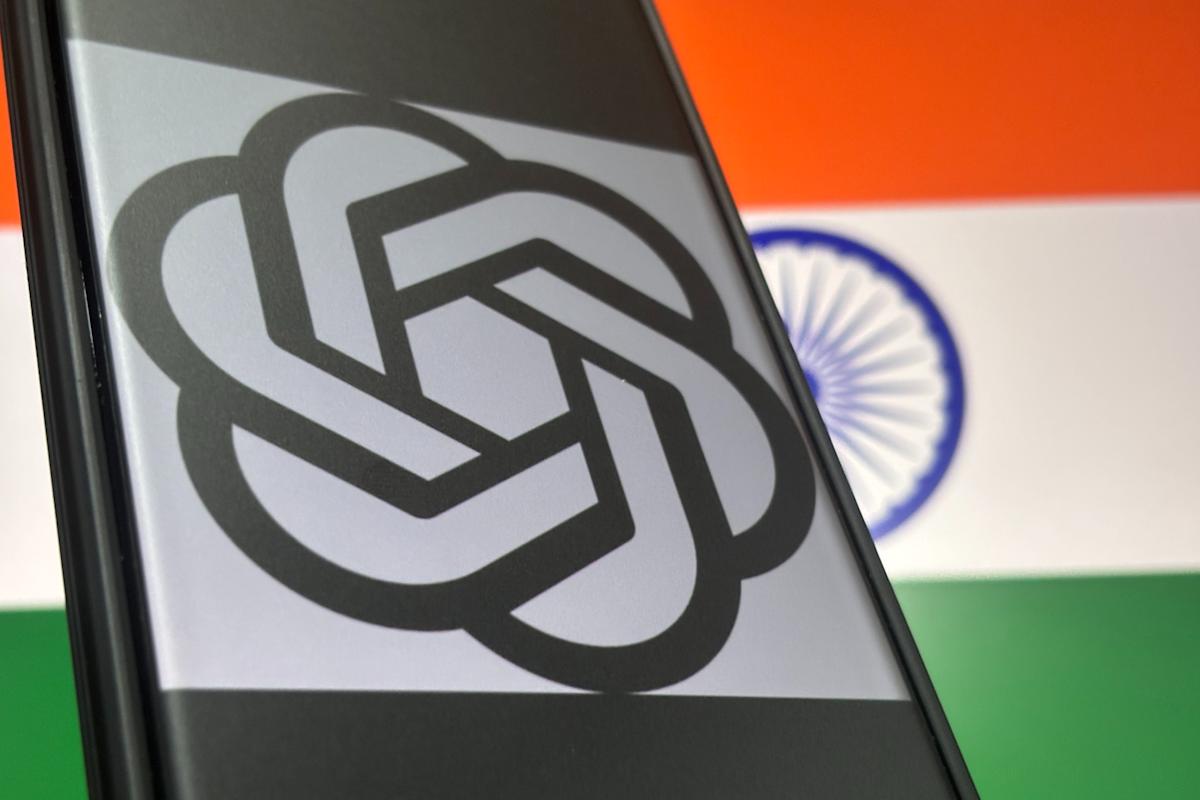
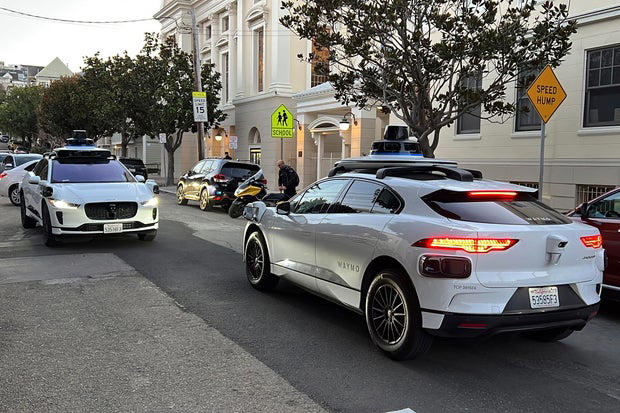



.png)






